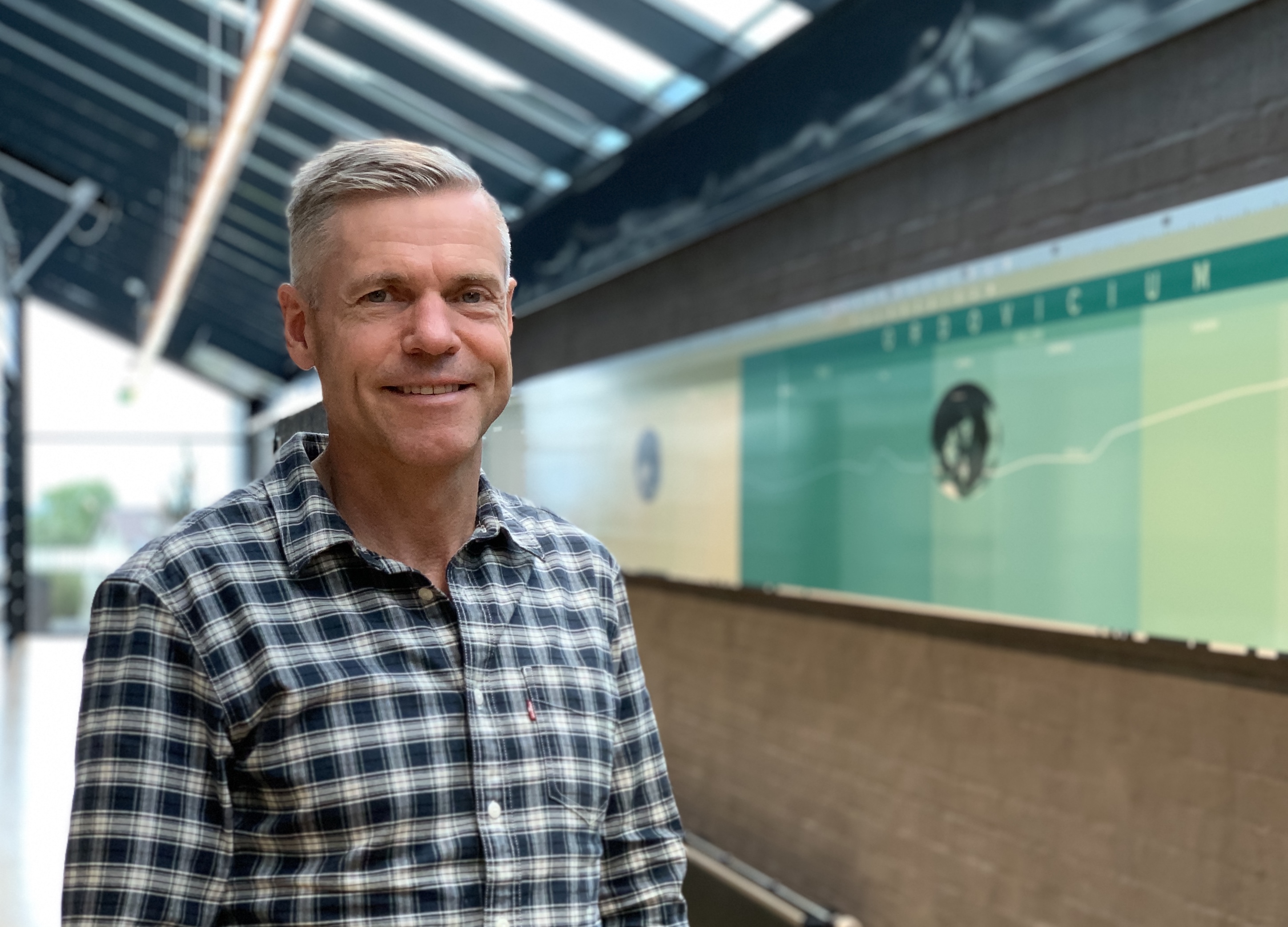Important measurements that form the basis for enormous sums to the public purse

10/5/2020 One of the Norwegian Petroleum Directorate’s tasks is to supervise the measurement (or metering) of oil and gas produced from the Norwegian shelf. The assets we are talking about here are the Norwegian State’s ownership interests on the shelf (SDFI), the oil companies’ revenues and the CO2 tax.
The oil companies measured oil, condensate, NGL and gas valued at about NOK 424 billion in 2019, which makes up nearly half (47 per cent) of total Norwegian commodity exports.
The oil companies also paid approx. NOK 5.5 billion in CO2 taxes, a sum that has remained fairly steady over the last 5 years. This is what measurement in the Norwegian Petroleum Directorate (NPD) is all about.
Tiny deviations can have tremendous consequences
The NPD follows up all of these measurement systems, which are used for financial settlements and sets priorities as regards audits. Facilities or installations with the greatest economic potential are subject to annual audits.
Measurement engineer Halvard Hedland is one of several NPD staff members who have travelled far and wide over the years to make sure that the metering systems for production and emissions/discharges on installations and onshore facilities satisfy the accuracy requirements laid down in the (Norwegian) Measurement Regulations. The measurement systems can be both complex, technologically advanced, and as big as soccer fields.
One tiny deviation in these measurements can have tremendous consequences for revenues and for the broader community when 150,000 barrels of oil or 70,000,000 standard m3 of gas flow through a measurement system, every single day.
Innovative virtual audits free up time
On the other hand, the corona crisis put a stop to this travel activity, but not for the audits.
“All 19 audits conducted since March have been performed virtually. A few meetings and five audits have been postponed,” says Halvard Hedland, who coordinates the work.
He says that even though the working group is planning physical audits in the autumn – where risks and benefits will be carefully evaluated – they will also conduct web-based audits when the corona crisis is over.
“This is an excellent example of the ability and the willingness to change gears and find alternative solutions in challenging times. Also, pursuing new ideas for how we can change the way we work going forward,” says Director General Ingrid Sølvberg.
“The NPD will continue to use virtual audits if we can get the job done in a satisfactory way. We also see that many conventional meetings can be replaced with virtual meetings,” says Hedland.
Advantages of virtual audits:
- Reduced travel costs for operators (the NPD’s audit expenses are refunded by the licensees).
- More time to develop regulations, guidelines and new digital tools for the audit activity.
- Time to support other parts of the NPD’s activities, based on knowledge of the processes and facilities that are built, gained through the audit activities. This applies particularly in connection with the international assistance work (NORAD), emissions to air and flaring applications.
Facts about fiscal measurement:
- The Norwegian Petroleum Directorate (NPD) has been responsible for fiscal measurement for 46 years.
- This responsibility was delegated to the directorate in 1973 with the first audit on the shelf in the autumn of that same year.
- The NPD follows up the operators’ fiscal measurements all the way from concept selection, through the development plan (PDO), the project phase and onward, for as long as the field is in operation.
- The activity is governed by the Measurement Regulations, laid down in 1984. The regulations were revised in 2012.
- The NPD is expected to present new Measurement Regulations in 2021/2022.
- The new Measurement Regulations will form the basis for updating both the industry’s compliance with fiscal measurement and the NPD’s activity within this field.
Updated: 10/5/2020